Fear of death and the unknown can cause an existential crisis, and these five chilling films effectively get to the heart of that darkness.
Existential dread is spiritual nihilism. It’s the belief, or realization, that nothing we do matters because we will all die, rot into the ground, and eventually become worm food. The inevitably of the end can make us question the point of existence. What if life has no real meaning? We simply exist for a brief period and then suddenly cease to exist, often without warning and in the most random and unexpected ways. If we’re lucky, we have the chance to make an impact while we’re here. But it’s easy to fear we’re simply insignificant.
Religion can give people hope in something beyond death, and that hope can infuse life with meaning and ease the fear of death. But, for the more pragmatic souls, there’s an understanding that life is ephemeral. And most of us have considered the possibility that life has no real meaning.
Existential crises are a part of the human experience. These five horror films masterfully explore the human condition and what it’s like to confront our mortality, desperately attempting to find meaning in existence.
We encourage you to dive into the terror of the unknown abyss because confronting our worst fears is the best way to overcome them and realize that if today is all we have, we better at least make it count.
1. Annihilation (2018)
This movie follows the activity of the Shimmer, a non-sentient alien force that crash-landed near a lighthouse and began to move in on our world, fragmenting life itself and even DNA as it expanded.
Taking its central story from the Area X: Southern Reach book series by Jeff VanderMeer, Annihilation focuses on what it truly means to be human because whatever is breaching our world is unlike us in every possible way.
It asks big questions. What inherently makes us human? Is it love? Perseverance? The will to survive? The ability to feel terror? Are humans biologically prone to self-destruction, and if so, why?
And what makes this alien creature different from us? It doesn’t seem to be sentient with a thinking mind, but it can mimic thought to the point that thinking becomes obsolete, rearranging human DNA into something new just by breathing it in. This is then forced evolution because it can’t be stopped or controlled; it’s like a possession.
This underseen gem landed quietly on streaming a few years ago and failed to get a theatrical release or a big marketing push. Though it raises several thought-provoking questions, it’s never preachy, pretentious, or inaccessible.
Annihilation forces us to confront the possibility that the rules of existence could be destroyed, causing humanity to become undone.
How tenuous is our place in this world? If the probability of life as we know it existing on Earth was only 1 in 60 billion (according to the Drake equation), which takes into account all the conditions that had to be just right, how stable is that perfect equation — and how easy would it be for a foreign element to disrupt life as we know it?
In our minds, we are the center of the universe. We created a God who created us in his image, one who cares about us and only us. We put Earth at the center of everything, assuming it’s the only planet of any significance — despite the fact that the universe has 10 million, million, million suns (10 followed by 18 zeros) similar to our own.
But despite our egos, the natural world is utterly indifferent to our existence. It’s not against us. It’s not trying to harm us. It simply doesn’t care what happens to us. We don’t matter, and that thought can be terrifying.
And it’s not just nature that is a force to be reckoned with; it’s human nature.
As much as we are imbued with a strong sense of survival, we also seem compelled to destroy ourselves from the inside out — whether it’s our destruction of the planet, our lust for war and cataclysmic weaponry, our creation and consumption of disease-causing toxins, or just our constant desire to indulge in self-harm and self-sabotage.
Will we destroy ourselves? Will nature step in and do it for us? Will we be forced to adapt and evolve, or will forces beyond our control fundamentally change (or destroy) us so that we’re no longer a plague of existence?
This is a beautiful yet terrifying film that makes us think about the possibility of forced, quickened evolution and the annihilation of mankind as we know it.
2. Event Horizon (1997)
Though Event Horizon is well-known and celebrated as a cult classic among horror fans, it remains a criminally underrated film in mainstream cinematic circles.
A commercial and critical failure upon release, the film was plagued by production problems that forced director Paul W.S. Anderson to cut the original 130-minute version of the film heavily. Sadly, the deleted footage was lost or destroyed and has never been recovered, even after the film’s recent reassessment as an essential and influential sci-fi horror film.
The film follows a search and rescue mission for the titular ship that has disappeared. While the missing vessel is quickly found, the nightmare has only just begun, as the rescue crew becomes assaulted by a Hellraiser-esque Cenobitic nightmare.
We soon realize the ship accidentally entered a Hell dimension after careening into space following an attempt to defy the laws of physics.
Hell in this universe is very real, and suffering is not just reserved for the irredeemable sinners. No distinction is made between the guilty and the innocent. All those who find themselves so fated are doomed to face an eternity of unspeakable horror, forever haunted by their greatest fears and regrets.
Like all existential horror, Event Horizon is haunting in its exploration of the inevitability of death.
But what truly makes it a modern masterpiece of significant terror is the realization that death is far from the worst fate someone can suffer.
As scary as the idea of blinking out of existence is, true fear is found in the idea that death isn’t the end but merely the beginning of our anguish.
On a mission for unfathomable answers and mysterious revelation, the Event Horizon found that not all knowledge is a gift. Some things are better left unknown.
The distress call from the doomed ship warned, “Libera te tutemet ex inferis” — a Latin phrase that translates to “Save yourself from hell.”
But Anderson’s nightmarish vision makes it clear that in this universe (and perhaps, even in our own), there is no salvation, only damnation.
3. The Night House (2021)
The Night House is a horribly tragic tale of Beth (the incredible Rebecca Hall), a woman whose husband committed suicide, which she neither understands nor fully accepts. Beth’s life is then catapulted into liminal strangeness as she senses a presence with her, which she naturally assumes to be the lingering spirit of her husband, Owen (Evan Jonigkeit).
As Beth struggles to come to terms with living alone in the breathtaking home designed and built by her architect husband, she begins to fixate on the mystery of his suicide, the strange note he left for her before his death, and the photos she finds in his phone and computer of women who look eerily similar to Beth.
Then, when she finds a strange reversed floor plan for their house, she begins to fall down a rabbit hole that leads to more dark and disturbing discoveries about her husband.
We also learn that Beth had a complicated relationship with death, even before her husband’s tragic demise. She herself was clinically dead for several minutes following a horrific car crash years earlier. When she was dead, she saw and felt nothing, which convinced her there was no afterlife to have faith in or hope for. Her husband, Owen, worked hard to change Beth’s mind and convince her that her experience did not mean what she interpreted it to mean.
The real question posed by The Night House is whether or not there is something else waiting for us beyond death.
It’s the question we’ve all pondered and wondered about, whether we believe there is something beyond this mortal coil or not. It’s the reason we have such a cultural fear of death. No matter what we believe or think we know, we can’t truly know what waits for us when we take our last breath. And that fear of the unknown is haunting.
Owen believed strongly there was life after death, while Beth was convinced there was only a dark void of endless nothingness. But neither could be entirely sure.
The possibility that there’s nothing out there is terrifying to many. It’s not even that we cease to exist, which can be discomforting enough. But what if what waits for us is something much worse?
What if it’s just emptiness, darkness, and despair? What if it’s an existence devoid of love or warmth, perhaps ruled over by a cruel, unfeeling god? Hell isn’t just overt physical torture. There’s a worse kind of torture — torture of the mind; a cell for one’s soul shrouded in lonely and bleak blackness.
The film is devastating in its musing on the possibility that death is not a passage to something better but simply a bleak void of nothingness.
4. The Descent (2005)
This terrifying tale reflects man’s relentless desire for self-preservation as well as the hopelessness one can feel in the face of ever-present danger when it seems there’s no fighting the hands of fate.
The cave represents the despair we can’t crawl out of and the suffering we can’t avoid. It’s a nearly endless abyss that offers nothing but tragedy upon tragedy — cave-ins and trapped exits, carnivorous creatures, and the very real possibility that escape is impossible.
It’s one of the few movies that truly makes me feel for the plight of the characters as if I wasn’t just watching from the comfort of my couch but rather right down in that mortiferous cave with the doomed women. Whereas most movies, especially horror films, require such a suspension of disbelief that I’m constantly aware I’m watching a fictional movie — and the danger I’m witnessing isn’t real — The Descent is so effective at generating real fear, anxiety, and visceral empathy that it feels like an endurance test. It’s as if I survived my own ordeal in that cave and am left with the PTSD of the trauma.
Viewers in the U.S. were treated to a more hopeful and less nihilistic ending, wherein our heroine Sarah finally claws her way out of the terrifying tomb and returns to her life — though clearly permanently altered by her harrowing experience.
However, those in the UK were tortured with a far more depressing original ending that truly exemplifies existential horror.
In the original cut, we are shown Sarah’s eventual escape, but it’s all a cruel ruse and simply a trauma-induced hallucination.
After everything Sarah has been forced to endure — from betrayal by her husband and friend, the death of her husband and daughter in a tragic car accident and the catastrophic consequences of her therapeutic adventure — she does not triumph and find the peace she deserves. Instead, she is simply swallowed up by the natural world that doesn’t feel pity, empathy, or care for her plight.
She, like all humans, is inconsequential, and her death is as meaningless as her life through the lens of cosmic indifference.
Our only reprieve from the agony is the comforting nature of Sarah’s hallucination. Though it might not be real, at least she can finally be released from her pain. For those who hold out hope for an afterlife, there is comfort in believing Sarah will soon be reunited with her daughter and free from the burden of carrying such a tremendous weight of grief.
For the rest of us, it’s pure nightmare fuel.
It makes sense why the backlash against the original ending forced the filmmakers to release a shorter cut of the film that gives us the traditional triumph of humanity over existential dread — even if it’s not the most realistic outcome.
5. In the Mouth of Madness (1994)
In the Mouth of Madness may be one of John Carpenter’s lesser-known movies, but it’s a strong showing from the auteur and deserves more recognition.
Sam Neill is wonderful in the film, playing insurance adjuster John Trent who is investigating the disappearance of beloved horror fiction author Sutter Cane, a man who outsells even the master Stephen King. Cane’s scary books are wildly popular, and his readers seem to literally go insane over them.
It’s a fascinating idea. What if insanity was something you could catch like a virus?
It seems the world has gone crazy in the last several years, so maybe it was simply John Carpenter (and writer Michael DeLuca) foretelling what was to come in their apocalyptic tale. Perhaps they could see the writing on the wall, even back in the 90s. Reality, after all, is a very breakable concept. And if someone, say an author, had the power to change reality itself, we’d all be screwed.
As Simon (played by Wilhelm von Homburg, who you may recognize as Vigo in Ghostbusters II), the unhinged resident of Hobb’s End, bemoans before taking his own life — driven insane by the idea that his entire existence has been a fictionalized lie, “Reality is not what it used to be.”
In the Mouth of Madness explores the idea that reality may not be as “real” as we believe.
In truth, that which we consider a reality is merely a construct. It’s real because we say it is. But what does that really mean? What is it that gives our lives meaning beyond what it means to us and the importance we place on our own existence and personal experiences?
Is our perception all that matters? If we discovered our perception, our entire belief system and world paradigm, was flawed or built on a lie, what would that do to our sense of self and our perception of meaning?
The film pays tribute to the work of horror writer H.P. Lovecraft. And like all Lovecraftian tales, it’s nihilistic and apocalyptic.
Everything ends. We know that. It’s an unavoidable truth. What we don’t know, what we can’t know, is when and how it all ends. Will we go out with a whimper or bang? Will we pass quietly into the gentle night, perhaps moving on to a more peaceful plane of existence? Or will we suffer? Will the end be plagued with torment and unspeakable horror?
That’s the kind of hellish uncertainty that can keep us up at night or plague our nightmares when we finally sleep.
Perhaps it’s time for the destruction of the world and humanity to rebuild. We’re all mad here, indeed, and down Sutter Cane’s rabbit hole, we go.


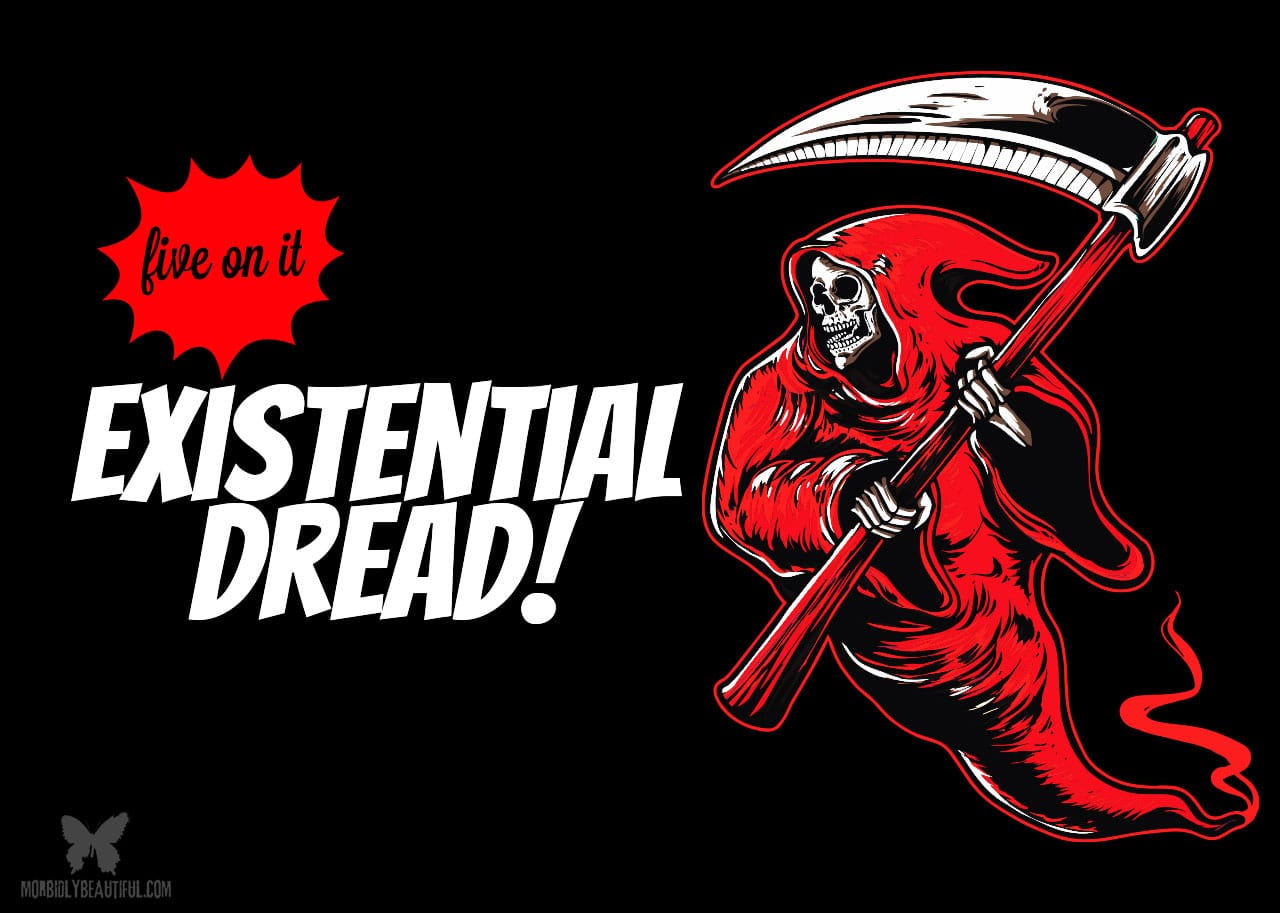
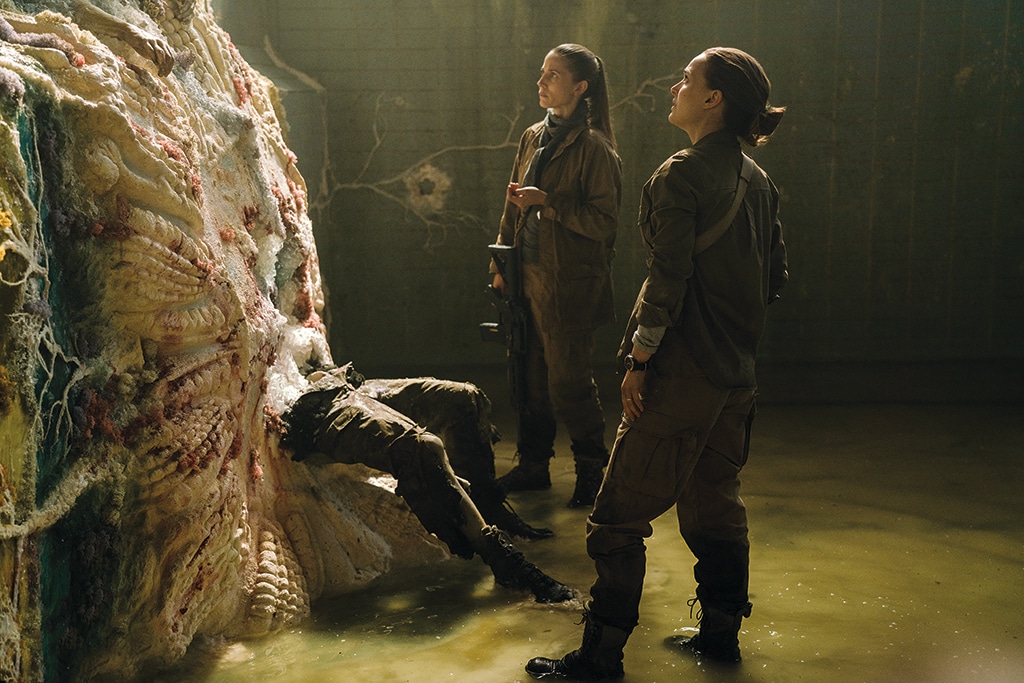
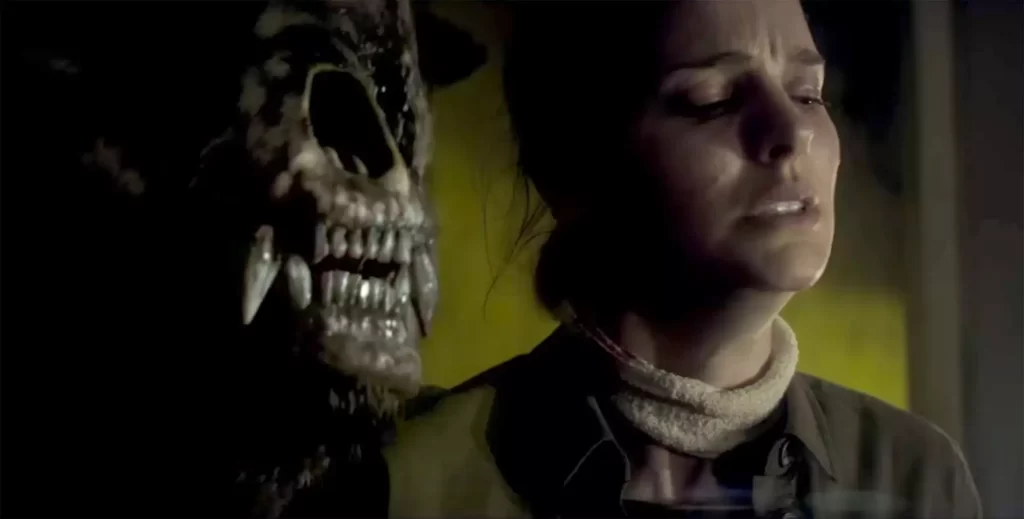
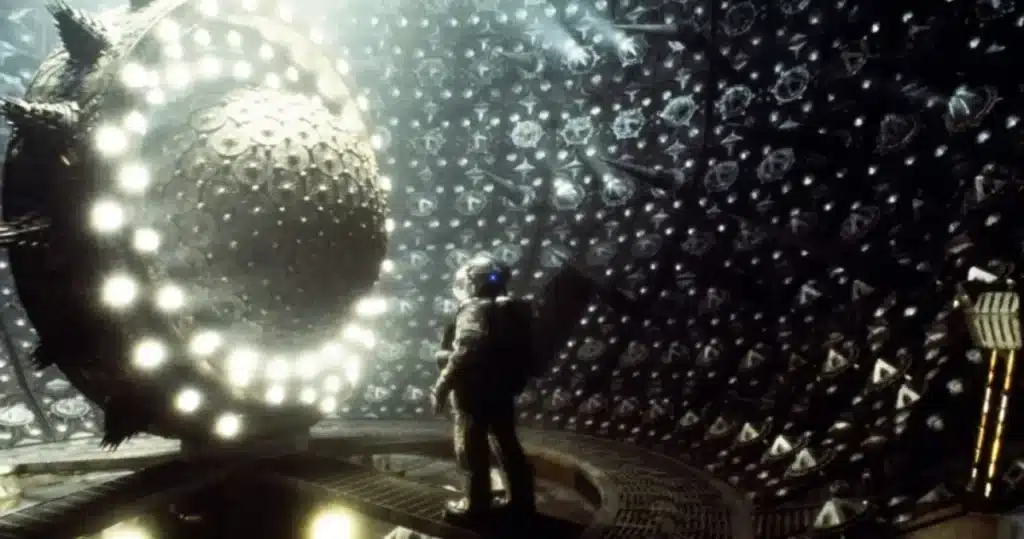
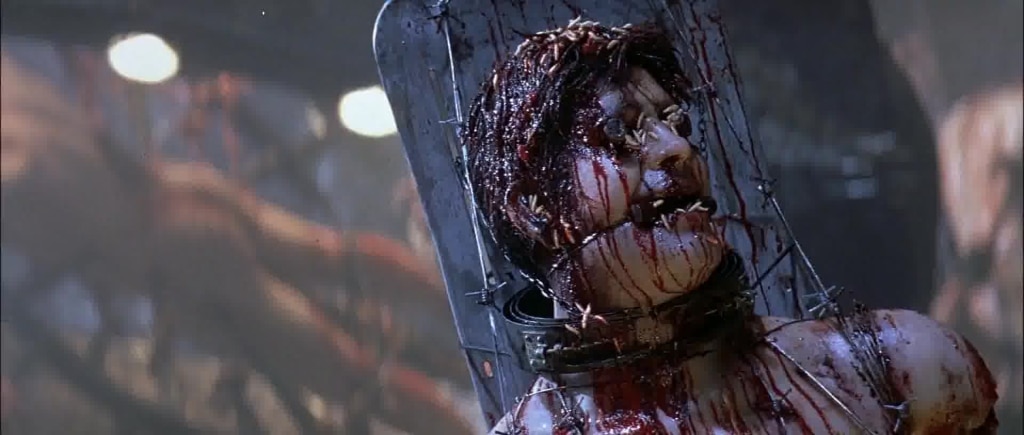
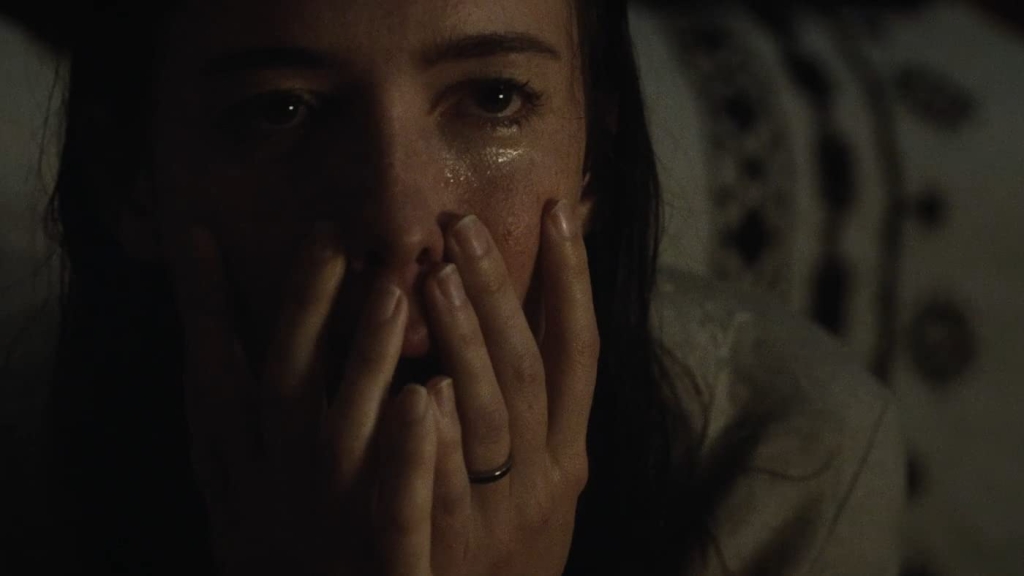
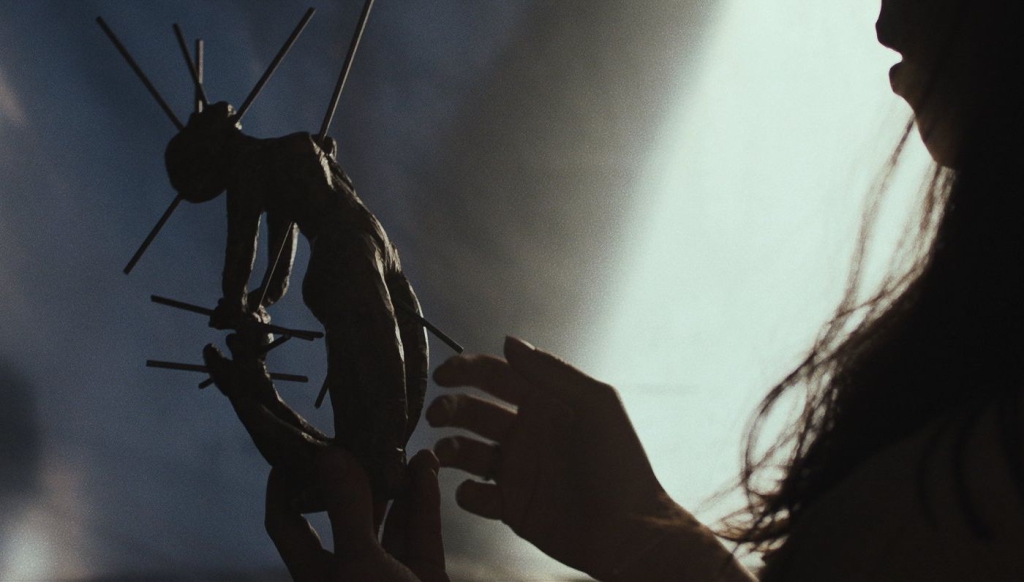
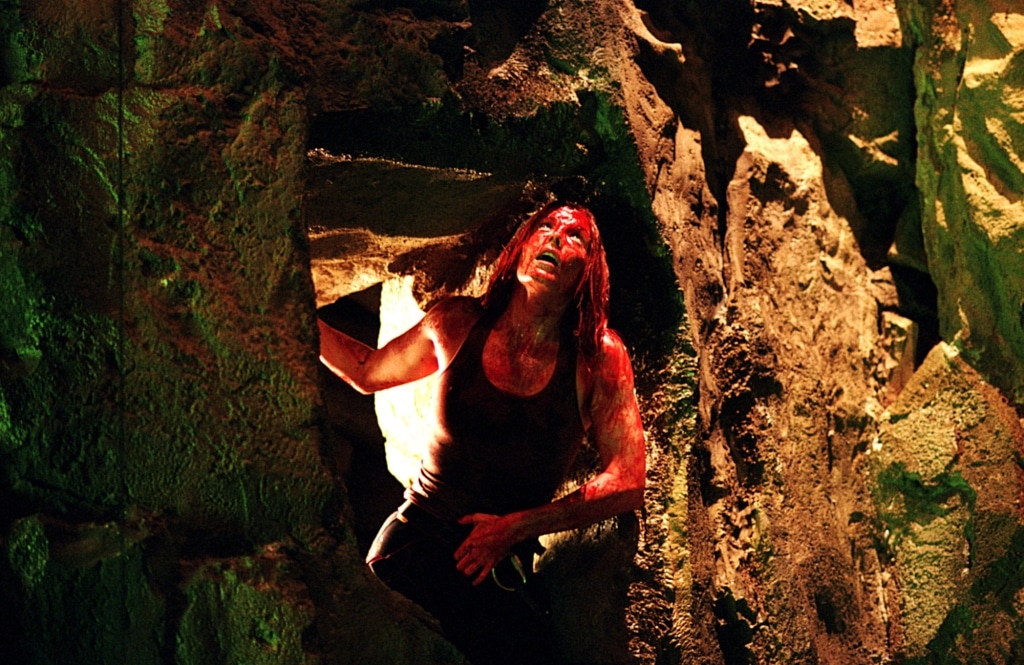
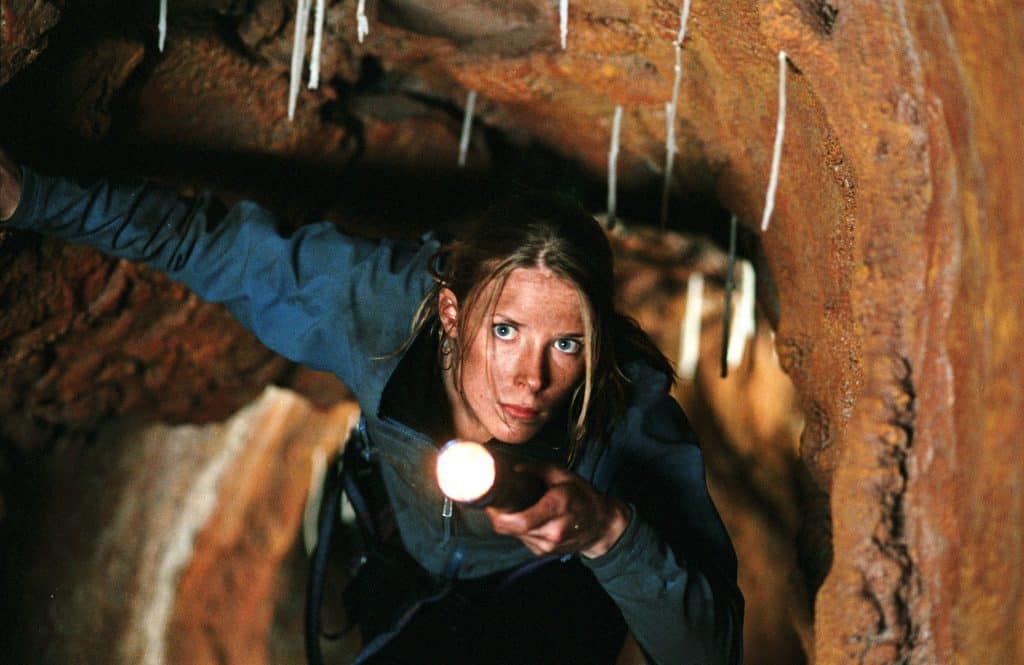
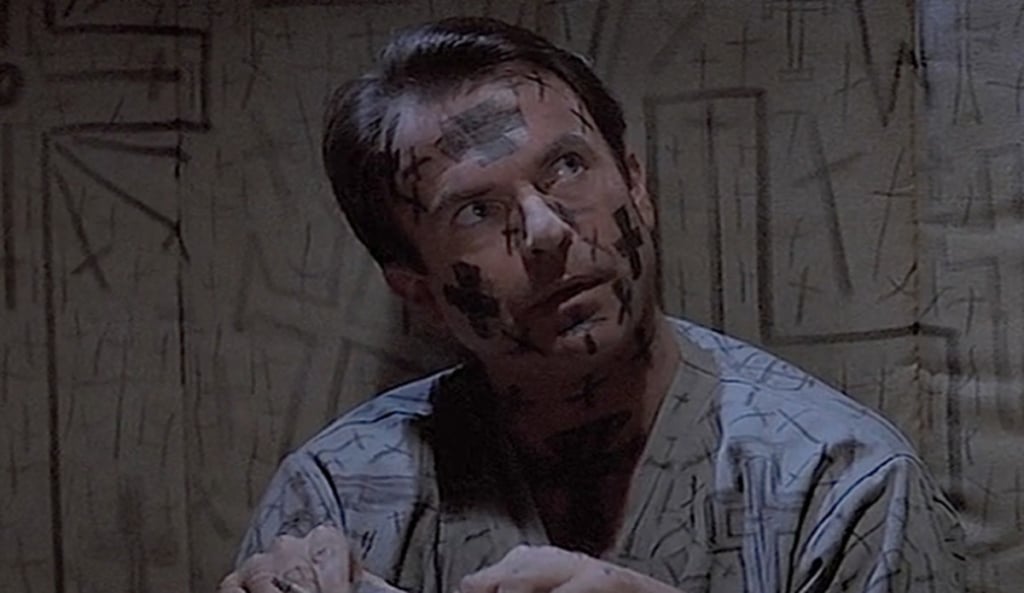
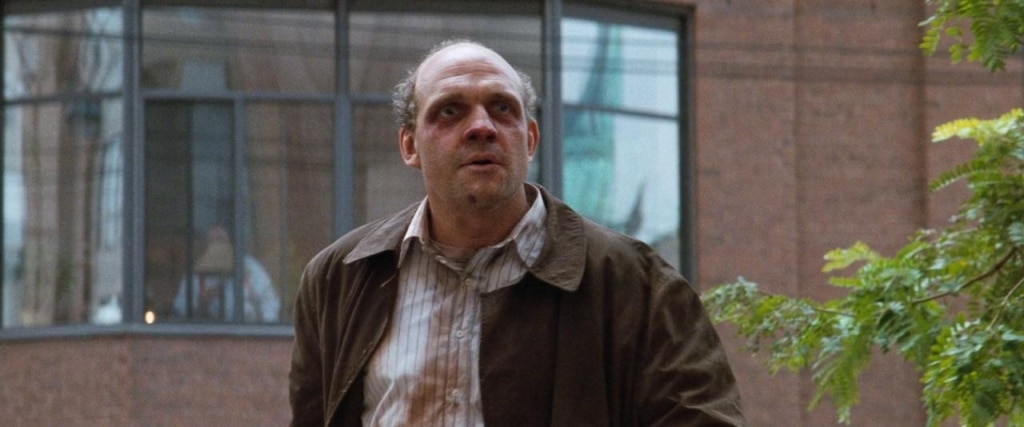










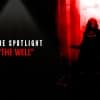
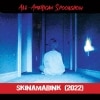
Follow Us!